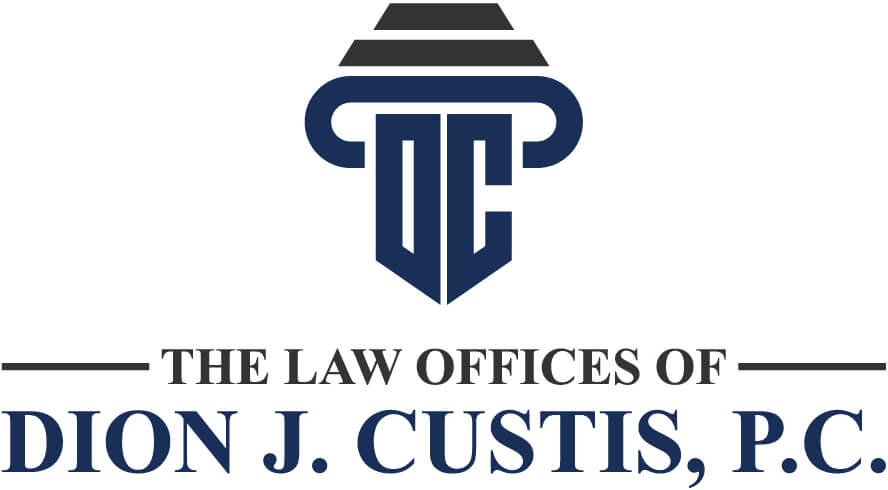A criminal conviction can leave a lasting mark on an individual’s life, potentially hindering access to employment, education, housing, and other opportunities well after serving their sentence. Fortunately, Wyoming law offers certain remedies—like expungement and record sealing—that allow individuals to move forward from a past mistake and protect their future. These legal processes help clear a person’s criminal record, but they can be complex and require a thorough understanding of Wyoming’s criminal justice system.
Expungement, sometimes referred to as record sealing, is a way to remove or restrict access to past criminal charges or convictions from one’s public record. In Wyoming, the availability and criteria for expungement vary depending on the specific offense, the time elapsed since disposition of the case, and the individual’s subsequent criminal history. As such, seeking the assistance of a knowledgeable Wyoming criminal defense attorney is essential to navigate the eligibility requirements and legal process successfully.
Expungement vs. Record Sealing—Understanding the Difference
While the terms expungement and record sealing are often used interchangeably, they have different meanings in the context of criminal records:
1. Expungement: In the expungement process, criminal charges or convictions are eradicated from one’s public criminal record. Following a successful expungement, it is as if the offense never occurred.
2. Record Sealing: Record sealing restricts access to one’s criminal record, preventing the general public from viewing it. However, sealed records can still be accessed by specific entities, such as law enforcement or certain government agencies, under specific conditions.
In Wyoming, the terms are often used interchangeably as the state’s approach combines elements of both expungement and sealing. This article will use the term expungement to cover both concepts.
Eligibility Criteria for Expungement in Wyoming
The eligibility criteria for expungement in Wyoming depend on factors such as the type of charge or conviction, the individual’s criminal history, and the passage of time without further criminal incidents. Possible situations that may lead to eligibility include:
1. Arrest Records: If an individual was arrested but never formally charged, they may be eligible to expunge their arrest record after a certain waiting period.
2. Misdemeanor Convictions: Those with certain misdemeanor convictions, such as first-time drug possession or domestic violence offenses, may be eligible for expungement after completing their sentence and complying with other requirements like the passage of time without further convictions.
3. Juvenile Records: Juvenile offenders who have successfully completed the conditions of their sentence and have not committed any new offenses may be eligible to have their juvenile records expunged.
4. Successful Completion of a Diversion Program: Individuals who completed a pre-trial diversion program or deferred prosecution agreement may potentially be eligible for expungement.
It’s essential to consult with an experienced criminal defense attorney to determine your specific eligibility and guide you through the process.
Benefits of Expungement in Wyoming
Clearing a criminal record through expungement can provide several benefits, allowing individuals to move forward from a past mistake. These benefits may include:
1. Employment Opportunities: A criminal record can be a barrier to many employment opportunities. Expungement removes potential obstacles in the hiring process, providing broader access to jobs.
2. Education and Housing: Expunging a criminal record can make it easier to apply for educational institutions or housing opportunities, as many landlords and schools conduct background checks during the application process.
3. Licensing and Certifications: Certain professional licenses and certifications may be unattainable with a criminal conviction on one’s record. Expungement eliminates this hurdle, allowing individuals to pursue their desired profession.
4. Personal Growth: The removal of a criminal record can provide peace of mind and an opportunity for personal growth without the lingering weight of past mistakes.
The Importance of Experienced Legal Representation in the Expungement Process
The process of pursuing expungement in Wyoming can be complex, necessitating the guidance and expertise of a knowledgeable criminal defense attorney. An experienced attorney can assist with:
1. Assessing Eligibility: Reviewing your criminal history and determining if you meet the specific criteria for expungement.
2. Gathering Necessary Documentation: Collecting all relevant information and documentation required to support your expungement petition, such as court records and proof of sentence completion.
3. Preparing and Filing the Petition: Expertly drafting the petition for expungement and submitting it to the appropriate court, ensuring all legal requirements are met.
4. Representing You in Court: If a hearing is necessary, your attorney can advocate on your behalf, presenting a compelling argument explaining why the expungement should be granted.
Common Misconceptions About Expungement in Wyoming
Despite its potential benefits, there are several misconceptions about expungement that can lead to confusion or misinformation. Understanding these misconceptions can help individuals make informed decisions about their legal options:
1. Misconception: Expungement Erases All Evidence of a Crime
While expungement can remove or restrict access to a criminal record for most purposes, it does not erase all traces of the crime. Certain entities, such as law enforcement and specific government agencies, may still access expunged records under certain conditions. It’s important to understand that expungement is not a complete erasure but rather a way to limit public access and minimize the impact on daily life.
2. Misconception: Expungement is Guaranteed for All Eligible Individuals
Meeting the eligibility criteria for expungement does not automatically guarantee that it will be granted. The court will review various factors, including the nature of the offense, the applicant’s conduct since the conviction, and any objections from the prosecution. A successful expungement requires presenting a strong case to the court.
3. Misconception: Expungement is a Simple, Quick Process
The expungement process can be lengthy and intricate, involving several legal steps, documentation, and potentially a court hearing. The time frame for completing an expungement can vary based on the complexity of the case and the court’s schedule. It’s essential to have realistic expectations and be prepared for a potentially extended process.
4. Misconception: Expungement is Only for Serious Offenses
Many people believe that expungement is only available for less severe offenses or misdemeanors. However, expungement may also be an option for certain felonies, depending on the specifics of the case and changes in the law. Consulting with an attorney can help clarify which types of offenses may qualify for expungement.
5. Misconception: Expungement Automatically Restores Rights and Privileges
While expungement can help restore many opportunities, it may not automatically reinstate all rights or privileges. For example, certain legal restrictions or requirements may remain, particularly for individuals with specific types of offenses or those seeking to regain certain professional licenses.
Conclusion
Expungement can provide a fresh start to individuals looking to move forward from a past mistake and rebuild their lives. By consulting with an experienced Wyoming criminal defense attorney, you can thoroughly evaluate your eligibility for expungement and navigate the complex legal process with confidence.
If you believe expungement may be right for you, contact Law Offices of Dion J. Custis, P.C. today for a confidential consultation to discuss the next steps. Our Wyoming legal services will help you achieve a brighter future.






